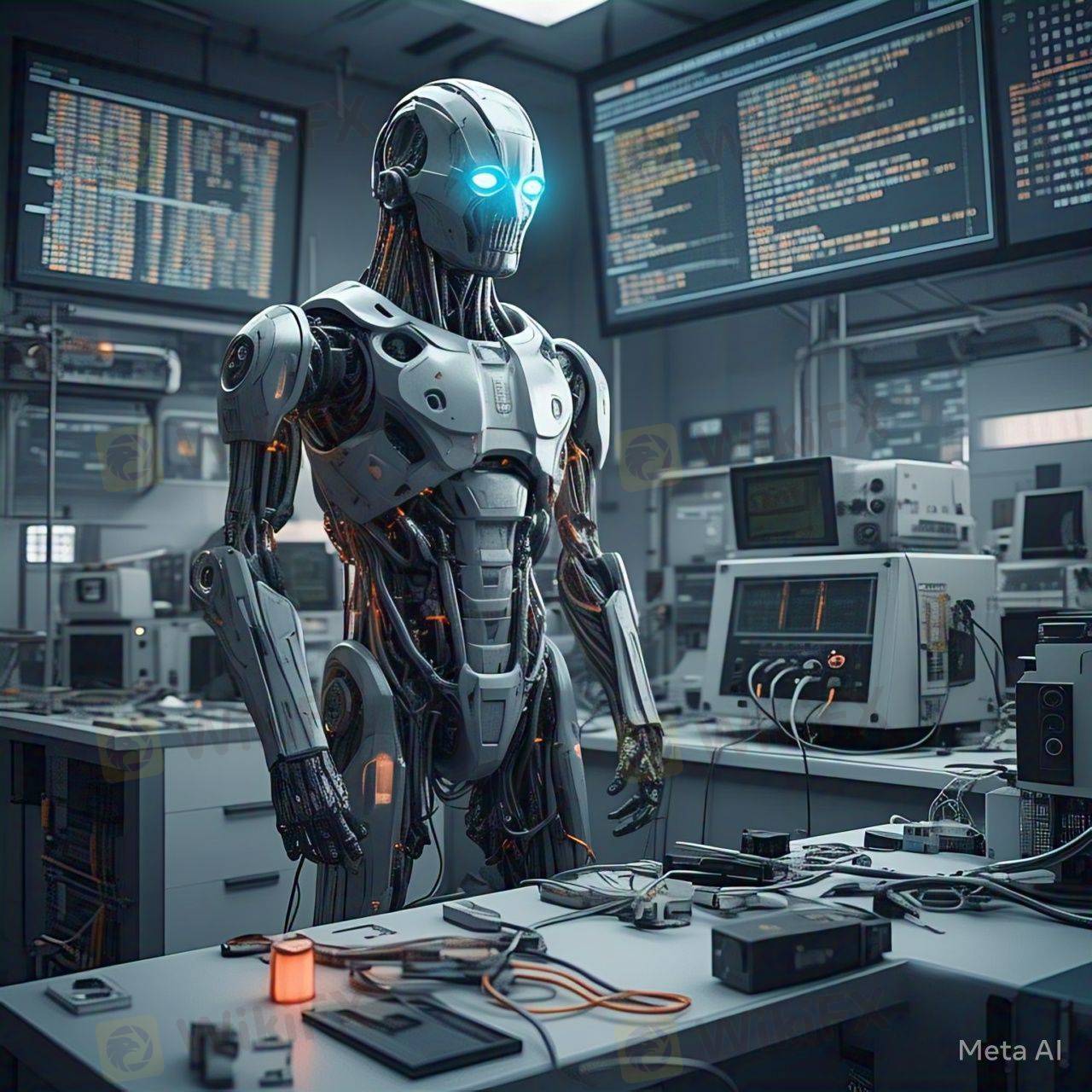
2025-02-17 19:04
NgànhThe Economics of Artificial Intelligence (AI) is a
#firstdealofthenewyearastylz
The Economics of Artificial Intelligence
The Economics of Artificial Intelligence (AI) is a rapidly growing field that explores the impact of AI on economies, businesses, and societies. Here are some key aspects:
Benefits of AI
1. *Increased Productivity*: AI automates tasks, freeing human labor for more creative and strategic work.
2. *Improved Decision-Making*: AI analyzes vast amounts of data, enabling better decision-making in fields like finance, healthcare, and marketing.
3. *Innovation and Growth*: AI drives innovation, creating new industries, products, and services.
Challenges of AI
1. *Job Displacement*: AI may automate jobs, potentially displacing workers, especially in sectors with repetitive or routine tasks.
2. *Income Inequality*: AI may exacerbate income inequality if its benefits accrue mainly to those already wealthy or skilled.
3. *Bias and Ethics*: AI systems can perpetuate biases and raise ethical concerns, such as privacy and accountability.
Economic Impact of AI
1. *GDP Growth*: AI is expected to contribute significantly to GDP growth in various countries.
2. *New Business Models*: AI enables new business models, such as subscription-based services and data-driven consulting.
3. *Changes in Employment*: AI may lead to changes in employment patterns, with a greater emphasis on skills like creativity, empathy, and critical thinking.
Policy and Regulatory Considerations
1. *Education and Training*: Governments may need to invest in education and training programs that prepare workers for an AI-driven economy.
2. *Regulation and Standards*: Policymakers may establish regulations and standards to ensure AI systems are transparent, accountable, and fair.
3. *Social Safety Nets*: Governments may need to strengthen social safety nets to support workers displaced by AI.
Would you like me to provide more information or resources on this topic?
Thích 0

Adekunle6511
Brokers
Bình luận phổ biến
Ngành
Có cao quá k?
Ngành
Xin ý kiến liberforex
Ngành
Đầu tư CDG
Ngành
Cắt lỗ
Ngành
Có nên chốt lỗ?
Ngành
Hỏi về dòng tiền
Phân loại diễn đàn

Nền tảng

Triển lãm

IB

Tuyển dụng

EA

Ngành

Chỉ số thị trường

Chỉ số
The Economics of Artificial Intelligence (AI) is a
 Hong Kong | 2025-02-17 19:04
Hong Kong | 2025-02-17 19:04#firstdealofthenewyearastylz
The Economics of Artificial Intelligence
The Economics of Artificial Intelligence (AI) is a rapidly growing field that explores the impact of AI on economies, businesses, and societies. Here are some key aspects:
Benefits of AI
1. *Increased Productivity*: AI automates tasks, freeing human labor for more creative and strategic work.
2. *Improved Decision-Making*: AI analyzes vast amounts of data, enabling better decision-making in fields like finance, healthcare, and marketing.
3. *Innovation and Growth*: AI drives innovation, creating new industries, products, and services.
Challenges of AI
1. *Job Displacement*: AI may automate jobs, potentially displacing workers, especially in sectors with repetitive or routine tasks.
2. *Income Inequality*: AI may exacerbate income inequality if its benefits accrue mainly to those already wealthy or skilled.
3. *Bias and Ethics*: AI systems can perpetuate biases and raise ethical concerns, such as privacy and accountability.
Economic Impact of AI
1. *GDP Growth*: AI is expected to contribute significantly to GDP growth in various countries.
2. *New Business Models*: AI enables new business models, such as subscription-based services and data-driven consulting.
3. *Changes in Employment*: AI may lead to changes in employment patterns, with a greater emphasis on skills like creativity, empathy, and critical thinking.
Policy and Regulatory Considerations
1. *Education and Training*: Governments may need to invest in education and training programs that prepare workers for an AI-driven economy.
2. *Regulation and Standards*: Policymakers may establish regulations and standards to ensure AI systems are transparent, accountable, and fair.
3. *Social Safety Nets*: Governments may need to strengthen social safety nets to support workers displaced by AI.
Would you like me to provide more information or resources on this topic?
Thích 0
Tôi cũng muốn bình luận.
Đặt câu hỏi
0bình luận

Chưa có người bình luận, hãy là người bình luận đầu tiên

Đặt câu hỏi
Chưa có người bình luận, hãy là người bình luận đầu tiên